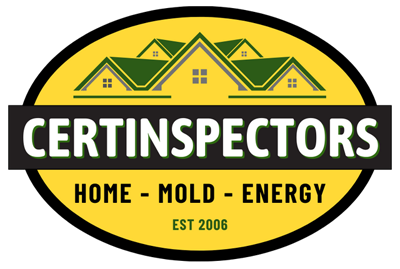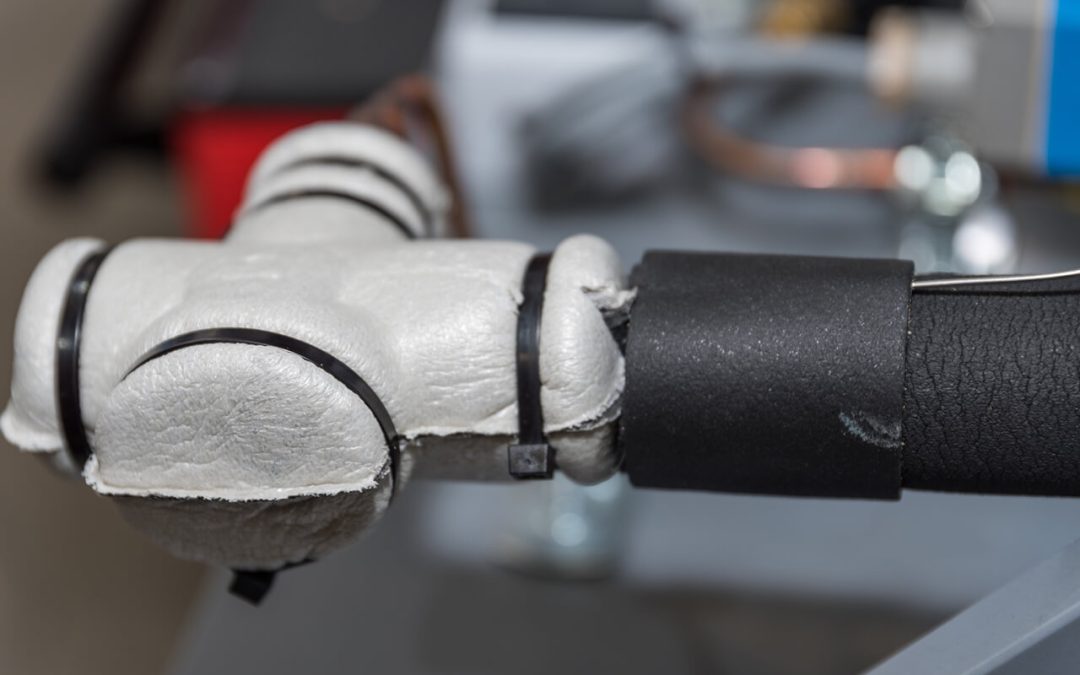Keeping Your Plumbing Safe During Winter
Frigid conditions take a toll on your plumbing system. If you don’t winterize plumbing pipes, they may freeze burst, which will damage your pipes and your property. Water and plumbing damage is expensive to repair. Here’s how to prepare your plumbing for winter and avoid paying hefty replacement and repair costs.
Shut Off Outdoor Faucets
Open your outdoor faucets and drain any remaining water out of the pipe to prevent the pipe from freezing or cracking. Then, shut off the faucet at the shutoff valve. Finally, leave the bleeder cap open with a bucket below to collect any dripping water. If there’s dripping, you’ll need to replace your shutoff valve.
Prepare Your Plumbing for Winter by Disconnecting Hoses
A garden hose left out in cold weather will freeze. A hose that’s still connected to the faucet may cause ice to form in the pipe inside your home, causing it to crack or burst. Remove all garden hoses from their faucets, drain them, and store them indoors before the first freezing temperatures of winter.
Leave Faucets Running
On colder nights, allowing a slow trickle of water to run through your faucets will help avoid pipe damage. While it may sound counterintuitive, a slow trickle relieves pressure on pipes and helps to prevent them from cracking. You may notice a slight increase in your water bill, but it’s a small price to pay compared with pipe replacement and fixing water damage.
Insulate Pipes
Insulating pipes is another way to prepare your plumbing for winter. Pipes in unheated areas like an attic, garage, or crawlspace are vulnerable to damage from freezing temperatures. Prepare them for winter by making sure they’re well insulated. You can also use a heat cable along with the insulation for better protection.
Open Kitchen Cabinet Doors
Pipes underneath cabinets are vulnerable to freezing when temperatures plummet. During cold snaps, open your kitchen cabinet doors. This allows warm air to circulate inside the cabinets and helps to prevent pipes from freezing.
Prepare Your Plumbing for Winter by Keeping Your Warm Home
Turning down your thermostat will help you save on heating costs when you’re away from home, but it can lead to frozen pipes. If your home isn’t warm enough, the pipes in poorly insulated areas of your home may freeze. It’s recommended to set your thermostat to 68°F when you’re home during the winter. If you are away or asleep, lower it by a few more degrees.
Schedule a Furnace Inspection
Your furnace keeps your home warm during the winter. If it malfunctions, a sharp drop in indoor temperatures may cause your pipes to freeze. Prepare your plumbing for winter by having an HVAC professional inspect and service your system before the first snowfall.
Check for Drafts
Drafts impact your home’s ability to retain heat. Inspect for drafts around entry points like doors and windows. Use caulking or spray foam to seal any gaps you find, especially those near exposed pipes, to prevent pipes from freezing.
Avoid hefty pipe replacement and repair costs by following these tips to prepare your plumbing for winter.
Certinspectors provides home inspection services to the Hudson Valley in New York. Contact us to schedule our services.

